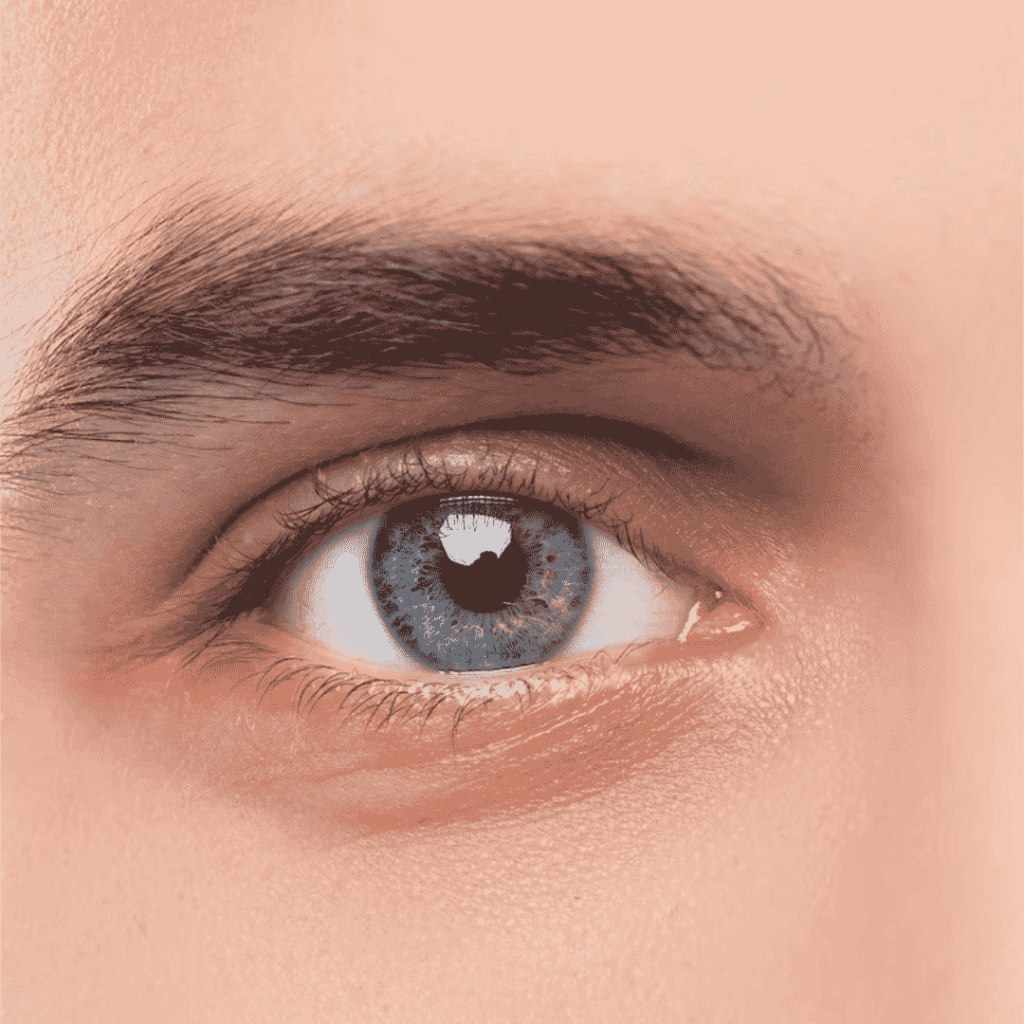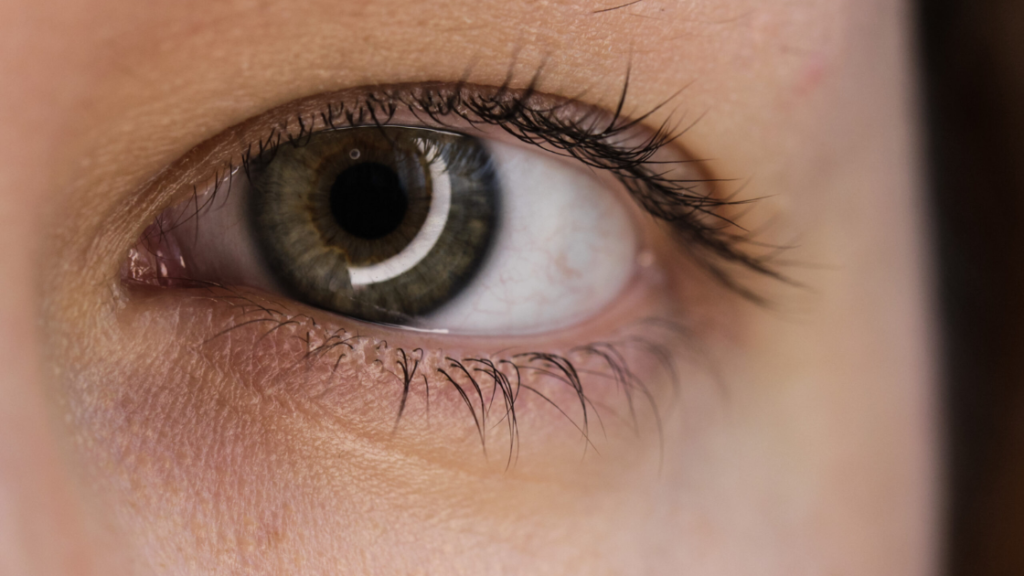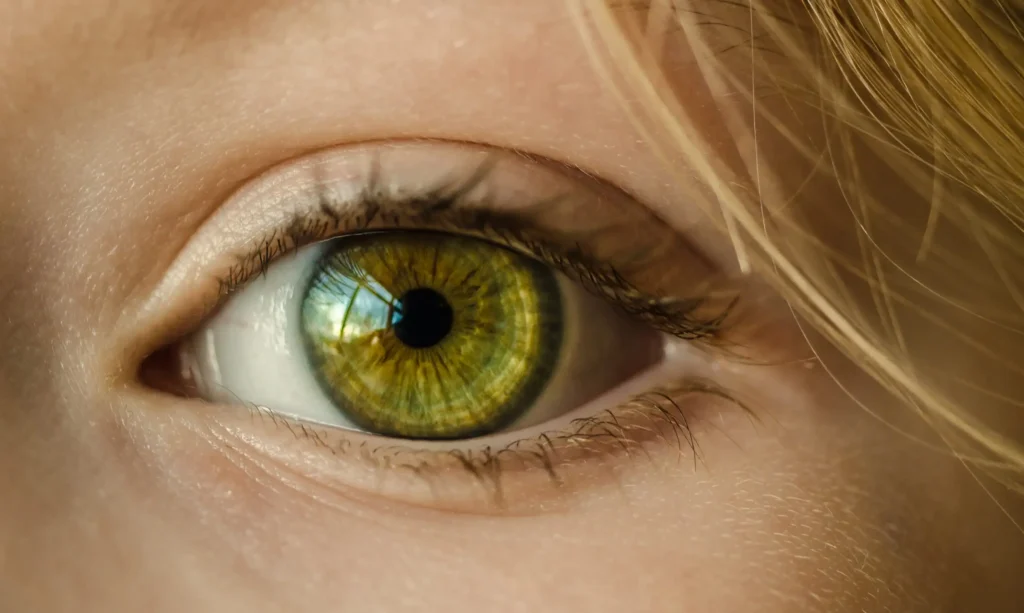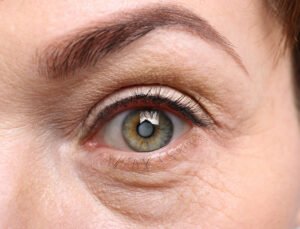
Diabetic Retinopathy Screening in Dhule
Get expert care for diabetic retinopathy screening at Shri Ramchandra Netralaya in Dhule, a leading facility known for effectively treating various cases of eye misalignment with outstanding results.
- Comprehensive Eye Care Services
- Experienced Eye Care Specialists
- Online Appointment Accessibility

Normal Eye

Retinopathy Eye
What is Diabetic Retinopathy Screening?
Diabetic retinopathy Screening is an eye condition that occurs in people with diabetes. It’s caused by damage to the blood vessels of the light-sensitive tissue at the back of the eye (retina). Over time, high blood sugar levels can cause the blood vessels in the retina to become blocked or to leak fluid, leading to vision impairment and potentially blindness if untreated.
The condition typically affects both eyes and can develop in anyone who has type 1 or type 2 diabetes. The longer someone has diabetes, and the less controlled their blood sugar is, the more likely they are to develop diabetic retinopathy.
What Are the Signs of Diabetic Retinopathy Screening ?
-
Blurred Vision
-
Floaters
-
Impaired Color Vision
-
Dark or Empty Areas in Vision
-
Vision Changes
-
Loss of Central Vision
-
Vision Loss


Book Your Appointment at Shri Ramchandra Netralaya!
What Causes Diabetic Retinopathy?
-
High Blood Sugar Level: Elevated blood sugar levels associated with diabetes can damage the blood vessels in the retina, leading to diabetic retinopathy screening.
-
Damage to Retinal Blood Vessels: Prolonged exposure to high glucose levels causes damage to the small blood vessels in the retina, leading to weakening, swelling, or leaking.
-
Formation of New Blood Vessels: In response to poor blood flow, the retina may attempt to grow new blood vessels.
-
Fluid Accumulation: The leaking blood vessels can cause fluid to accumulate in the retina, leading to swelling.
-
Type of Diabetes:Both type 1 and type 2 diabetes can lead to diabetic retinopathy, although the risk is generally higher in individuals with type 1 diabetes and those who have had diabetes for a longer duration.
-
Ischemia: Reduced blood flow to the retina, known as retinal ischemia, can occur due to damage to blood vessels, leading to further tissue damage and vision loss.

How Is Diabetic Retinopathy Screening Treated?
The treatment of diabetic retinopathy screening depends on the severity of the condition and the extent of retinal damage. in the early stages, when diabetic retinopathy is mild to moderate and does not yet threaten vision, treatment may focus on managing risk factors and monitoring the condition closely through regular eye examinations. this approach aims to prevent further progression and preserve vision for as long as possible.
for more advanced cases of diabetic retinopathy or when vision is at risk, several treatment options may be considered. one common treatment is laser therapy, which aims to reduce swelling and leakage from abnormal blood vessels in the retina. laser treatment can help seal leaking blood vessels, prevent the growth of new abnormal blood vessels, and reduce the risk of vision loss.
In cases where diabetic retinopathy screening has progressed to a more advanced stage and is causing significant vision loss, other interventions may be necessary. Intravitreal injections of medications such as anti-vascular endothelial growth factor (anti-VEGF) drugs or corticosteroids may be administered to reduce swelling and inflammation in the retina and slow the progression of the disease.
Surgery Steps

Before & After Result




Instructions for Eye Patients After Diabetic Retinopathy Screening
- Do not rub the treated eye.
- While bathing, pour water below the neck for four weeks, not on the head.
- Do not allow water to enter the eyes; wipe the face clean with a wet cloth.
- Do not sleep on the side of the treated eye for at least two weeks.
- Wear dark glasses for a month to avoid strong light and dust.
- With a clean soft cloth or handkerchief, gently dab the water coming from the eye only after it reaches the cheek, do not put pressure on the eye.
- If the eye becomes very painful or red, see a doctor immediately.
- Do not lift heavy objects or cough strenuously.
- Keep small children away to avoid accidental contact or injury while they play.
- Twice a day, soak cotton in hot water, squeeze it, and then clean the eyes from outside.
- Take your usual tablets for high blood pressure, diabetes, asthma, heart disease, and other conditions as prescribed.
- Take a light diet for 2 days after treatment, and avoid solid foods that are hard to chew.
- Patients can walk in the open environment but should avoid crowded places.
- Hands should be washed and wiped before instilling eye drops. Drops should be applied by gently pulling the lower eyelid.
- Apply the eye drops as directed and keep the eye closed for five minutes.
- Do not use a pin/ needle to open a new drop. It should be opened as directed, leaving a gap of 15 to 20 minutes between two drops.
- Avoid watching TV, reading, computer, and cooking for at least 8 days.
- Follow up as advised by the consultant.
- The glasses will be prescribed after a month.
- If the blood thinning pill is stopped before the operation, start it on the second day after the treatment.
Book Your Appointment Now!
Opening Hours
- Monday - 9:00 am - 9:00 pm
- Tuesday - 9:00 am - 9:00 pm
- Wednesday - 9:00 am - 9:00 pm
- Thursday - 9:00 am - 9:00 pm
- Friday - 9:00 am - 9:00 pm
- Saturday - 9:00 am - 9:00 pm
- Sunday - 9:00 am - 12:00 pm
